What is sleep
The secret of sleep is no easy one. Over hundreds of years humans have investigated the “brother of death” as it was called at times. What is sleep and what is it for?

About Sleep
A look into the basics of sleep and the reasons behind it. Hint: It’s important.
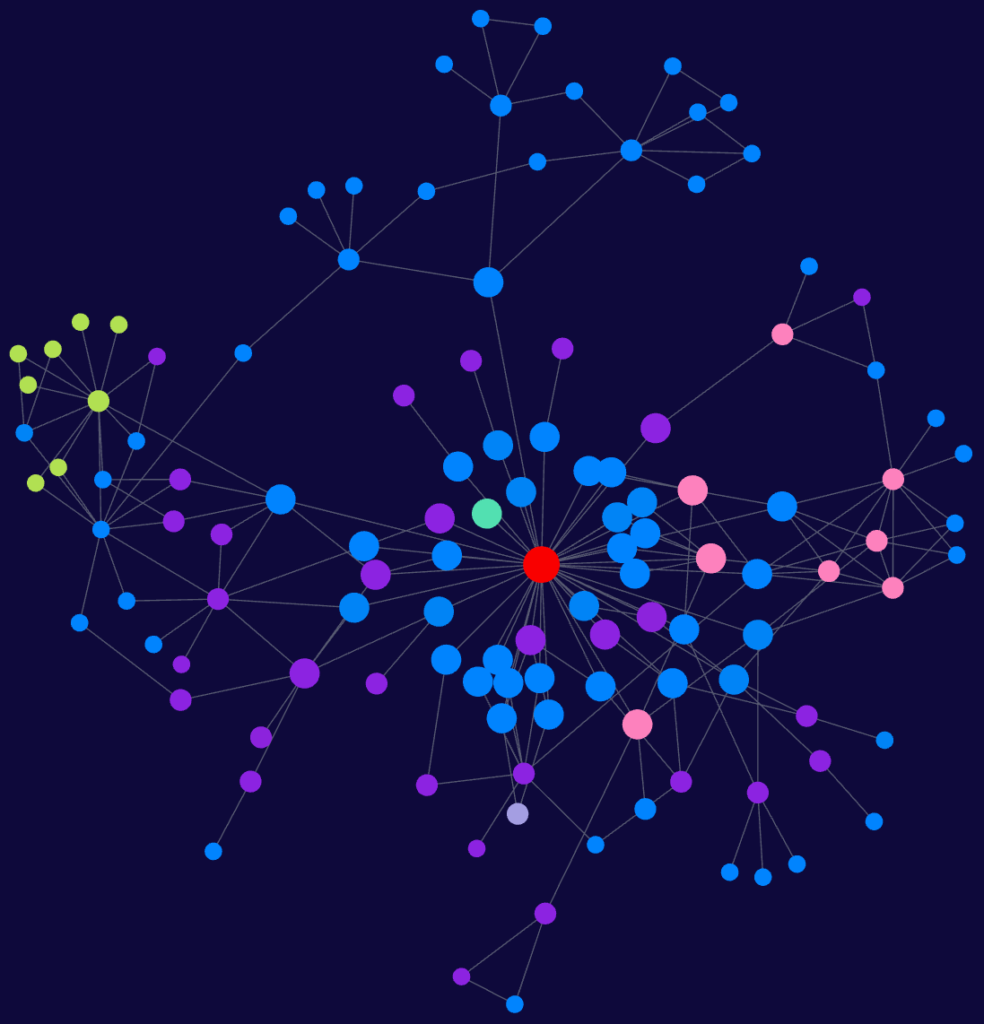
The architecture of sleep
From sleep onset to the different stages of NREMS and REMS this article got you covered in an overview of the architecture of sleep.
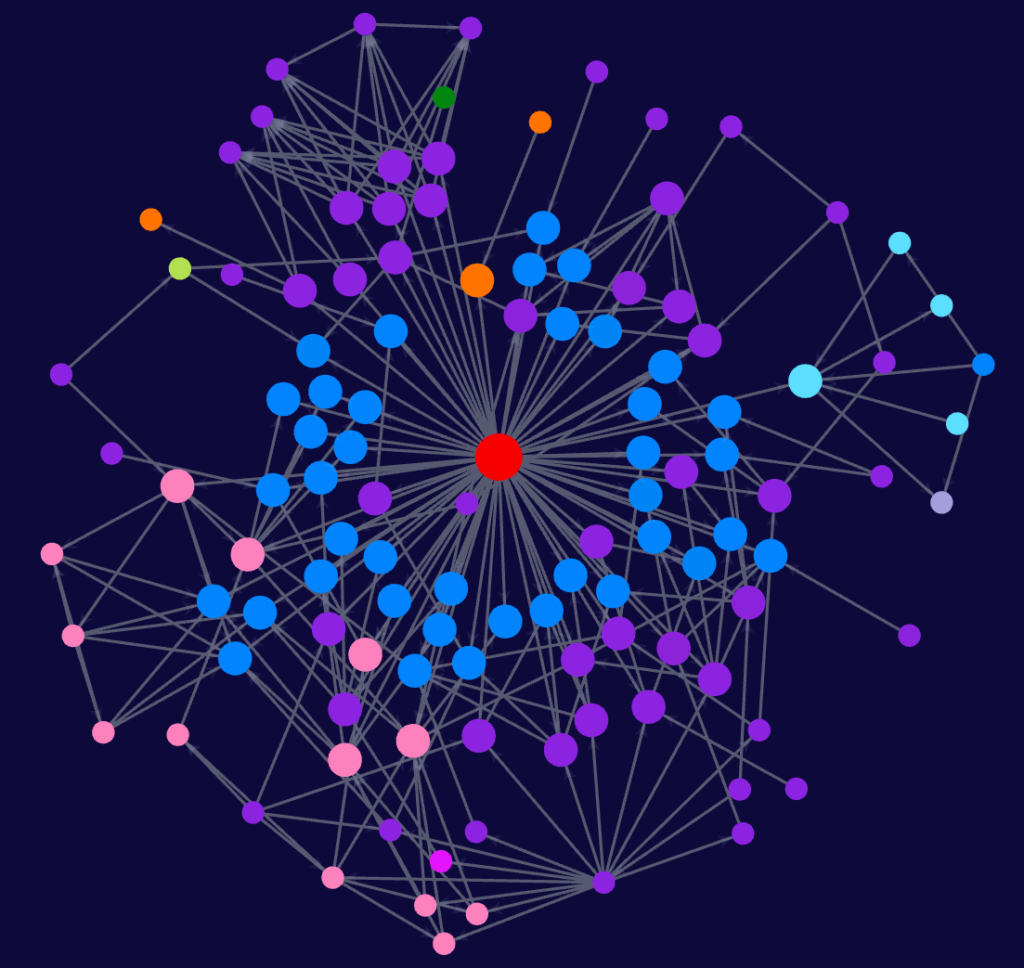
REM Sleep
Everything and more about the party-stage of sleep. In this article, rapid eye movement sleep takes the stage, with all its numerous effects and benefits.
The drive to sleep
The drive to sleep is everywhere. Over hundreds of millions of years it has been a stable companion through the evolution of countless species [Joiner 2016, Keene 2018].
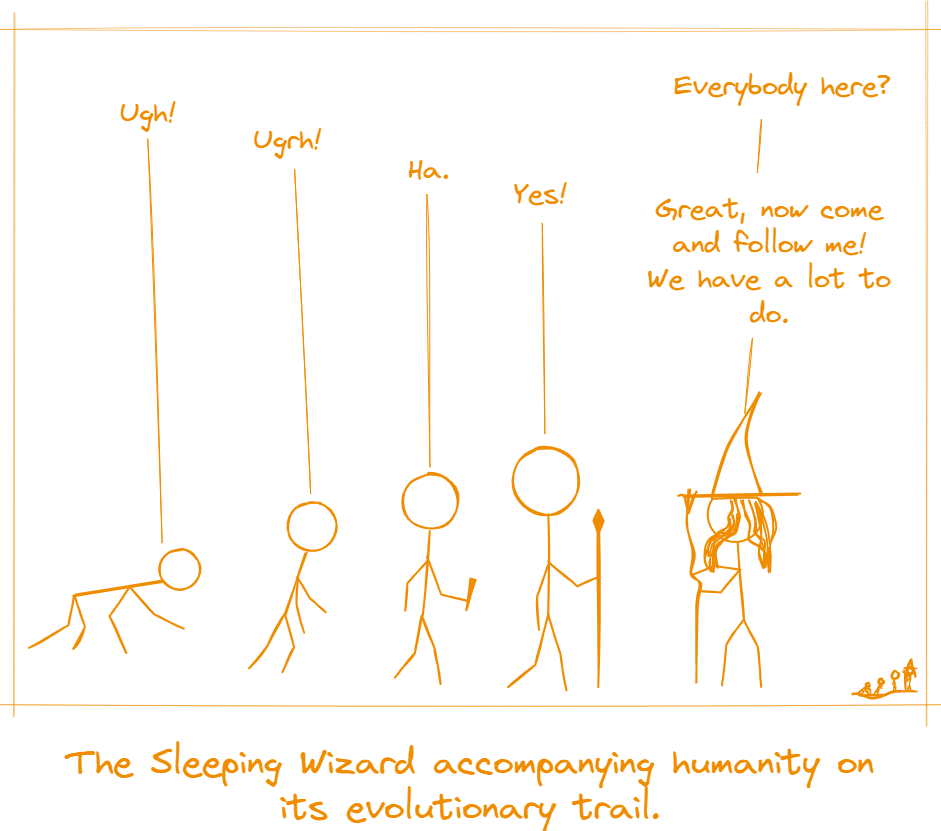
You can truly say, everyone has to sleep. But what are the mechanisms behind those heavy eyes and empty minds?
As the importance of sleep indicates, the mechanisms that start and control it are powerful and intricately weaved into the human (neuro-)biology. To understand the riddle of sleepiness we must make our way through the fields of biochemistry, neuroscience and even astronomy. So let’s take a nosy dive and explore the mechanics behind the…

Mechanisms of sleep
There are a number of mechanisms the body applies to initiate and keep up sleepiness. Learn more about them here.
Melatonin – The secret sauce of sleep
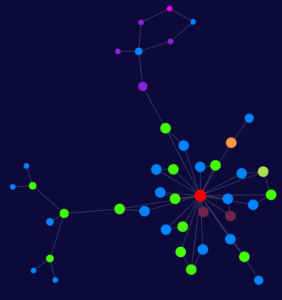
Light and through it melatonin are effective measures to control sleepiness and wakefulness in humans. Melatonin binds them to the circadian rhythm of the daily 24h-cycle.
The homeostasis of sleep
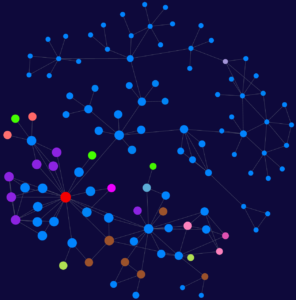
The motivations to sleep and to stay awake are in a constant struggle called sleep homeostasis. The longer humans are asleep the stronger the drive to wake up, and the longer humans are awake the stronger get the mechanisms that put them to sleep in a ballet of chemicals and neurons.
Methods to improve sleep
Less light for better sleep

Light and through it melatonin are effective measures to control sleepiness and wakefulness in humans. Before sleeping it is advised to reduce light exposure as much as possible.
Reduce noise for better sleep
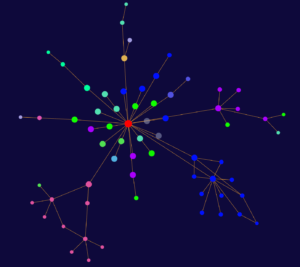
In the world of sleep, sound is a nuisance. To improve sleep quality and duration, keep ambient noise as low as possible or at least below 30dBA (hum of a fridge).
The outfall of a terrible night

A first-hand account of sleep deprivation and how to beat it.
Other interactions
Sleep has numerous interactions with other effects and mechanisms. Following are listed articles that cover those.
Sleep against hunger
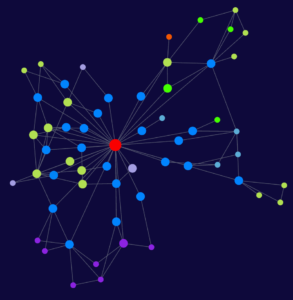
The interaction of sleep and hunger is well studied and a story of ghrelin, leptin and numerous other hormones. To make it short: A night well spent, keeps the bellies flat and tummies happy.
Sources
| Key | Citation |
|---|---|
| Joiner 2016 | Joiner, W. J. (2016). Unraveling the evolutionary determinants of sleep. Current biology, 26(20), R1073-R1087. |
| Keene 2018 | Keene, A. C., & Duboue, E. R. (2018). The origins and evolution of sleep. Journal of Experimental Biology, 221(11), jeb159533. |


Leave a Reply